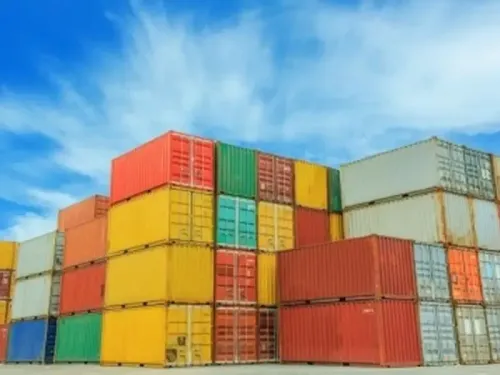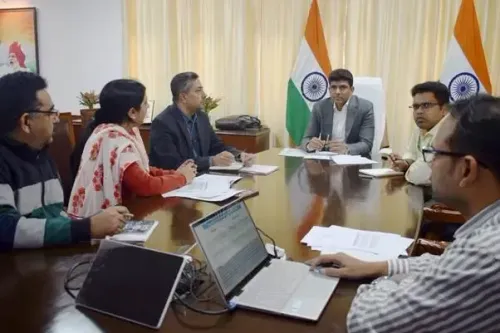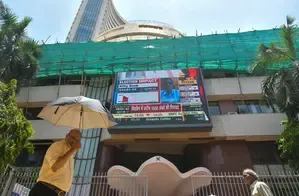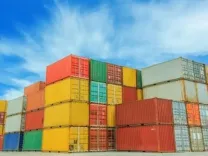Will India Face Fuel Shortages Amid Middle East Tensions?
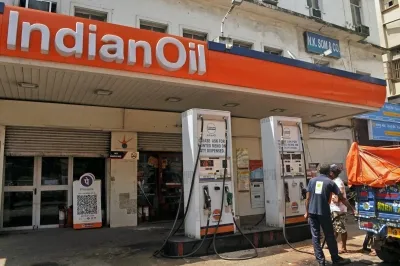
Synopsis
Key Takeaways
- Minister Hardeep Puri reassures citizens about fuel supply stability.
- India has diversified oil sources beyond the Strait of Hormuz.
- The country operates 23 modern refineries for petroleum production.
- Strategic petroleum reserves are crucial during geopolitical uncertainties.
- India imports around 85% of its crude oil needs.
New Delhi, June 22 (NationPress) Petroleum and Natural Gas Minister Hardeep Singh Puri reassured citizens on Sunday that there will be no disruptions in oil supplies due to the ongoing Israel-Iran conflict and the escalating geopolitical tensions in the Middle East resulting from the US's bombing of Iran’s nuclear facilities.
"We have been diligently observing the unfolding geopolitical dynamics in the Middle East over the past fortnight. Thanks to Prime Minister Narendra Modi's leadership, we have successfully diversified our oil supplies in recent years, and a significant portion no longer traverses through the Strait of Hormuz," the minister stated.
He emphasized that India’s oil marketing companies, including Indian Oil, Bharat Petroleum, and Hindustan Petroleum, have enough reserves to last for several weeks and are continuously receiving fuel from multiple routes.
"We are committed to taking all necessary measures to guarantee the stability of fuel supplies for our citizens," he assured.
Iran is located to the north of the Strait of Hormuz, through which approximately 20 million barrels of oil per day are transported from key exporting nations such as Saudi Arabia and the UAE. Iran has threatened to obstruct this crucial route if the US intervenes in its conflict with Israel.
A broader conflict in the Middle East could potentially disrupt oil supplies from Saudi Arabia, Iraq, Kuwait, and the UAE, likely resulting in a significant increase in oil prices. Furthermore, shipping routes may be affected, especially since Yemen's Houthi rebels have warned of renewed attacks on vessels if the US strikes Iran.
India relies on imports for nearly 85% of its crude oil needs; thus, a spike in oil prices would raise the oil import bill and contribute to inflation, negatively impacting economic growth. This increase in foreign exchange outflow could also weaken the rupee against the US dollar.
Nevertheless, India has made strides in diversifying its oil sources by enhancing imports from Russia and the US, while also establishing strategic reserves to bolster resilience.
Highlighting advancements in the oil and gas sector, Puri noted that India now operates 23 modern refineries with a combined capacity of 257 million metric tonnes per annum for petroleum product production.
The minister also discussed the ministry's initiative to create storage facilities for strategic petroleum reserves, which can be accessed in emergencies and are vital during periods of geopolitical instability. These reserves can be utilized when global prices surge, providing a buffer for national oil companies.
He mentioned that the storage capacity at Pudur is 2.25 million metric tonnes (MMT), while the facility in Visakhapatnam can hold 1.33 MMT of crude oil, and Mangalore has a capacity of 1.5 MMT. Additionally, another strategic reserve facility is under construction at Chandikhol, located on the coast.

